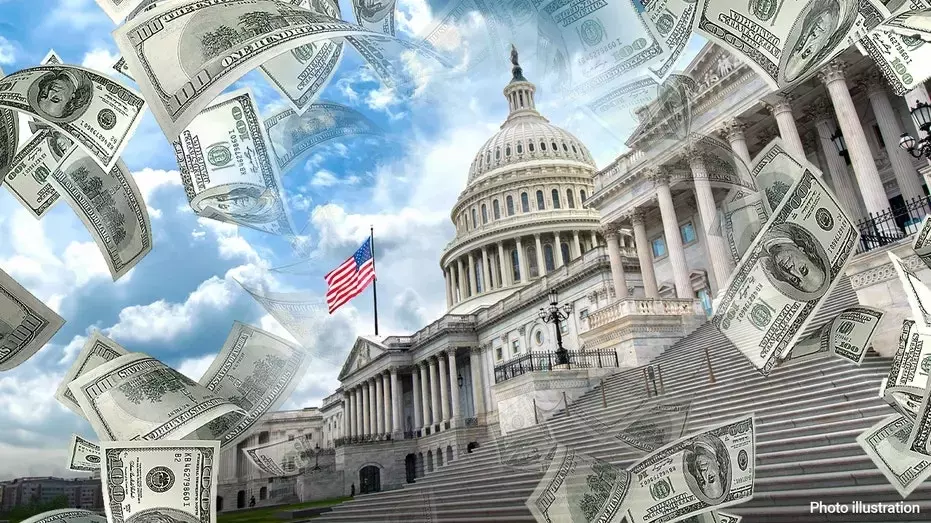
In recent developments, the rise in U.S. bond yields has sparked significant concern among policymakers and market strategists. As bond yields continue to climb, they are exerting pressure on the stock market and casting doubt on President-elect Trump's plans for an ambitious tax cut agenda. The potential extension of key parts of the 2017 tax reforms faces challenges due to growing fiscal concerns. Republican lawmakers have expressed apprehension about the $4 trillion cost over a decade, which could strain the government’s ability to manage its burgeoning $36 trillion debt. Market analysts suggest that the widening federal budget deficit and rising interest costs may further elevate bond yields, impacting various sectors of the economy.
Bond Market Turmoil: Implications for Tax Cuts and Fiscal Stability
In the heart of Washington, D.C., during a pivotal week, House Republicans convened for a closed-door meeting to discuss the looming challenges posed by escalating bond yields. Lawmakers highlighted the urgency of addressing the nation’s fiscal health. Representative Ralph Norman (R-S.C.) warned reporters that bond buyers are becoming increasingly nervous about the government’s capacity to repay its debts, emphasizing that this issue affects every American citizen. “If we can’t sell bonds, we’re in a ditch,” he stated, underscoring the critical nature of the situation.
Meanwhile, longer-dated U.S. Treasury yields have surged to their highest levels since November 2023, with the 10-year bond yield peaking at 4.79% before settling at 4.66%. This uptick is attributed to the Federal Reserve’s rate hikes aimed at controlling inflation, which has brought the central bank closer to its 2% target but also increased the cost of servicing the national debt. Last year, this expense surpassed federal spending on defense and Medicare, making it the second-largest line item in the federal budget after Social Security.
Republican leaders, including Representative Andy Barr (R-Ky.), have called for deficit reduction, warning that continued fiscal irresponsibility will lead to higher mortgage rates, credit card rates, and auto loan rates. With Republicans holding control over the White House and both chambers of Congress, albeit with slim majorities, they have the opportunity to pass a tax and spending bill through the budget reconciliation process. However, this approach requires careful negotiation to ensure compliance with long-term deficit impact rules.
Democrats have criticized these plans, arguing that they primarily benefit wealthy individuals and corporations while undermining the country’s fiscal stability. Senator Chris Murphy (D-Conn.) accused the administration of attempting to distract from the true consequences of the proposed tax cuts. Despite these criticisms, Barr emphasized that any reconciliation package should balance economic stimulus with credible spending cuts to persuade markets that Congress is addressing America’s fiscal challenges.
The future of tax policy and fiscal management hangs in the balance as lawmakers navigate these complex issues. The bond market’s reaction will be a crucial indicator of whether the proposed measures can restore confidence in the nation’s financial health.
From a journalistic perspective, the current situation underscores the delicate interplay between fiscal policy and market dynamics. It highlights the need for responsible governance and prudent financial planning. As bond yields continue to rise, the stakes grow higher, reminding us that sustainable economic growth depends on sound fiscal policies that can withstand market pressures. The coming weeks will reveal whether policymakers can strike the right balance between stimulating the economy and maintaining fiscal discipline.
